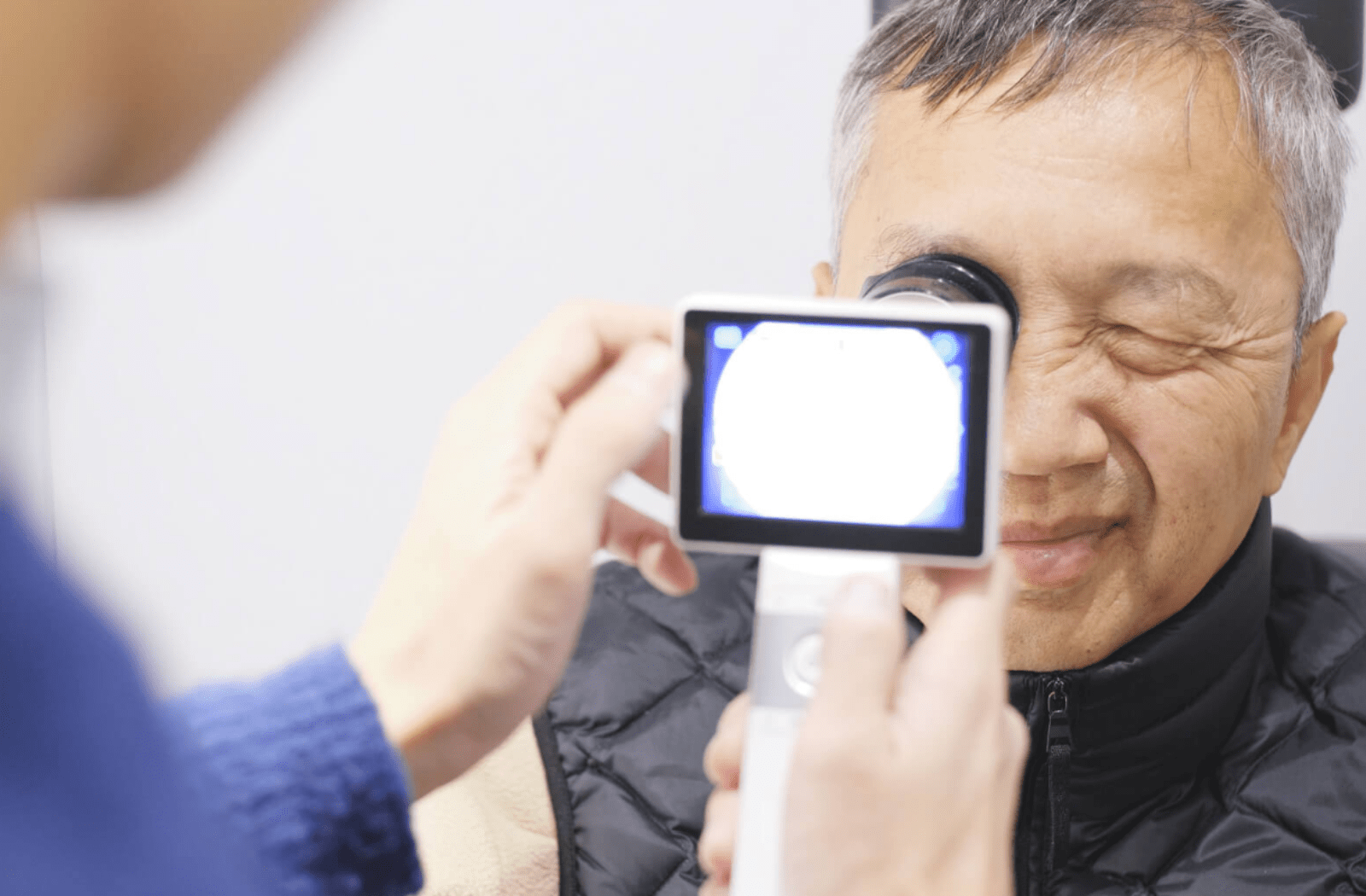The human eye is a remarkably sensitive organ, and it can be affected by plenty of different conditions, including diabetes. If you have diabetes, you may be at risk of developing a condition called diabetic retinopathy. This is a condition that can cause long-term damage to your eyes if you aren’t careful, and requires regular monitoring through diabetic eye exams.
Diabetic retinopathy develops when high blood sugar begins to damage blood vessels in the retina. Over time, they can become damaged or blocked. Once damage to your vision is done, it cannot be reversed. However, there are treatments available to help manage diabetic retinopathy. This makes it essential to regularly visit an optometrist for diabetic eye exams to monitor your eye health.
What Causes Diabetic Retinopathy?
As the name suggests, diabetic retinopathy is an eye condition directly linked to diabetes. When a person has diabetes, it’s common to have high blood sugar. Over time, this excess sugar in the blood can cause damage to small blood vessels throughout the body—including those in the eyes. These damaged blood vessels can become blocked and leak or burst, causing irreversible damage to the back of the eye.
In chronic or more severe situations, a condition called proliferative diabetic retinopathy can develop. If the eye bleeds too much, not enough oxygen will reach its intended destination. To compensate for this lack of oxygen, new blood vessels grow within the retina and into the back chamber of the eye. These new vessels are fragile compared to healthier vessels and will lead to further leakage within the eye. If this cycle of bleeding is left untreated, permanent blindness becomes a risk.
Signs & Symptoms of Diabetic Retinopathy
When diabetic retinopathy begins to develop, you typically will not notice any symptoms. This is why regular screening is so important.
However, there are some possible signs of the condition. Contact your optometrist if you notice:
- Blurred or fluctuating vision
- Your vision getting worse
- Floaters or dark spots in the field of vision
- Difficulty seeing at night
If you are experiencing these symptoms, it’s essential to seek medical attention promptly. Vision damage is often permanent, but by properly regulating and monitoring your diabetes, you can lower your chances of losing your eyesight due to diabetic retinopathy.
Why Is Diabetic Retinopathy Permanent?
Diabetic retinopathy directly affects blood vessels in the retina, causing them to swell, leak, and scar. These weakened blood vessels can leak small amounts of fluid and blood into the retinal membrane and start to obstruct light and if enough fluid leaks, the retina can stretch, tear or even detach from the back of the eye. The retinal tissue is extremely delicate, so having this repeated stress can be very problematic.
Unlike some parts of the body, the tissue in the retina doesn’t regenerate. With prolonged and repeated strain and hemorrhages, scar tissue will develop to heal the damaged tissue. Scar tissue is thicker and tighter than healthy retinal tissue, so it will tug on the surrounding tissue, distorting your vision and in extreme situations, can also lead to retinal detachment—a medical emergency.
If you notice eye pain or see sudden sharp flashes of light, seek immediate medical attention. This can be a sign of retinal damage.
Is Diabetic Retinopathy Treatable?
While diabetic retinopathy isn’t a reversible condition, there is a piece of good news: early detection and treatment can play a big role in slowing the condition and preserving your vision.
If you’ve been diagnosed with diabetes, you should visit your optometrist at least once a year. They can thoroughly examine your eyes to determine whether or not you’re at risk of developing this condition and can treat any other existing eye problems that you may have.
If you are diagnosed with diabetic retinopathy, your optometrist may recommend:
- Laser therapy to shrink or seal the abnormal blood vessels and reduce the risk of ongoing bleeds
- Injections to help reduce swelling and development of new, brittle blood vessels
- A vitrectomy is where the gel filling the back chamber of the eye is removed which cleans up any accumulated debris and helps to reduce retinal tears and detachment complications which goes toward preserving your vision
Preventing Diabetic Retinopathy
Because diabetic retinopathy causes permanent damage, it’s important to focus on managing your diabetes to preserve your vision.
To reduce your risk of developing diabetic retinopathy, it can help to:
- Manage your diabetes through proper blood sugar control
- Monitor your blood pressure and cholesterol
- Maintain a healthy diet rich in vitamins, minerals, fruits, vegetables, and lean proteins
- Regularly exercise to control your weight and lower your blood pressure
- Avoid tobacco usage
- Limit alcohol consumption
Get Help for Your Vision in Downtown Ottawa
If you have diabetes or are worried about your eyes in any way, come see our team at Downtown Eye Care & The Contact Lens Department. We can perform a comprehensive eye exam and determine whether or not you’re at risk of developing diabetic retinopathy.
Together, we can work toward preserving your vision, so book your appointment with our team today!















